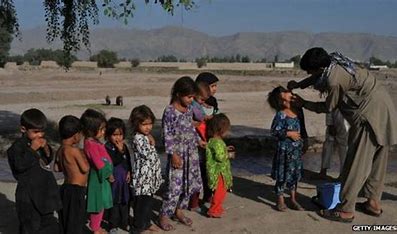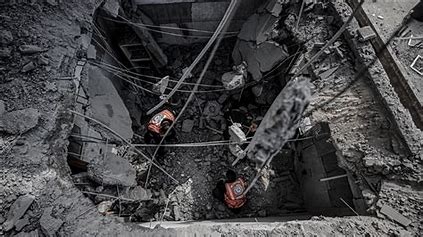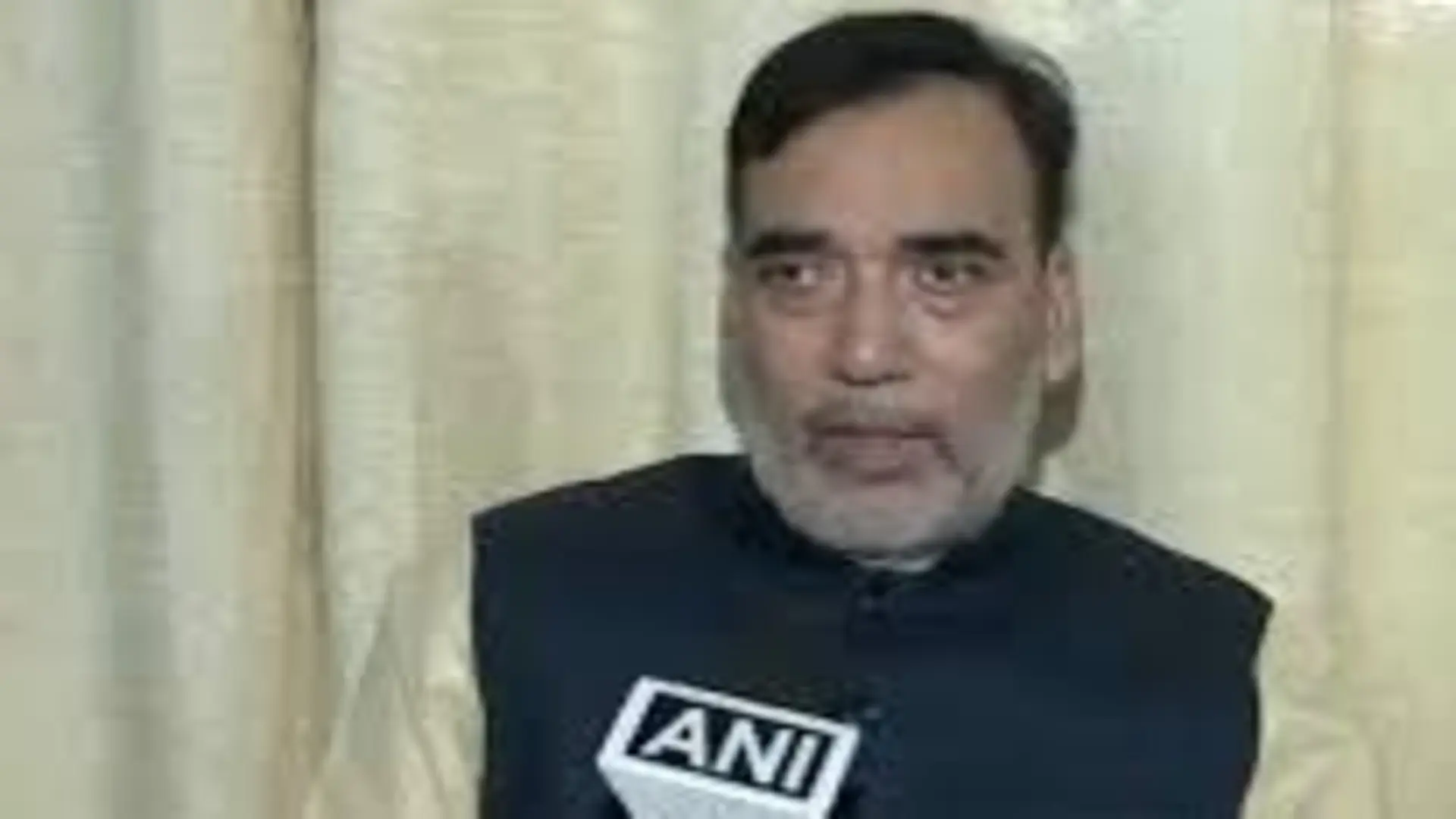
As India completes a year of its G20 Presidency, Prime Minister Narendra Modi, in a column, said that achieving the extraordinary, New Delhi revitalised multilateralism and amplified the Global South’s voice.
“I am delighted that during our Presidency, India achieved the extraordinary: It revitalised multilateralism, amplified the voice of the Global South, championed development, and fought for the empowerment of women everywhere,” PM Modi said.
In the column, PM Modi highlighted that India sought to offer the world an alternative to the status quo—a shift from GDP-centric to human-centric progress as the G20 chair. “India aimed to remind the world of what unites us rather than what divides us. Finally, the global conversation had to evolve; the interests of the few had to give way to the aspirations of the many. This required a fundamental reform of multilateralism as we knew it,” he said.
The Prime Minister further noted that India, as the G20 President, defined its approach by being inclusive, ambitious, action-oriented and decisive.
“A key area driving this progress is robust digital public infrastructure (DPI). Here, India was decisive in its recommendations, having witnessed the revolutionary impact of digital innovations like Aadhaar, UPI, and Digilocker firsthand. Through the G20, we completed the Digital Public Infrastructure Repository, a significant stride in global technological collaboration. This repository, featuring over 50 DPIs from 16 countries, will help the Global South build, adopt, and scale DPIs to unlock the power of inclusive growth,” PM Modi said in his column.
“Coupled with the establishment of the Global Biofuels Alliance and a concerted push for Green Hydrogen, the G20’s ambition to build a cleaner, greener world is undeniable. This has always been India’s ethos, and through Lifestyles for Sustainable Development (LiFE), the world can benefit from our age-old sustainable traditions,” he added.
“The G20 acknowledged that developing countries require $ 5.9 trillion to fulfil their Nationally Determined Contributions (NDCs) by 2030. Given the monumental resources required, the G20 emphasised the importance of better, larger, and more effective multilateral development banks.” “During our G20 presidency, India led deliberations on geopolitical issues and their impact on economic growth and development. Terrorism and the senseless killing of civilians are unacceptable, and we must address it with a policy of zero tolerance. We must embody humanitarianism over hostility and reiterate that this is not an era of war,” he concluded.















